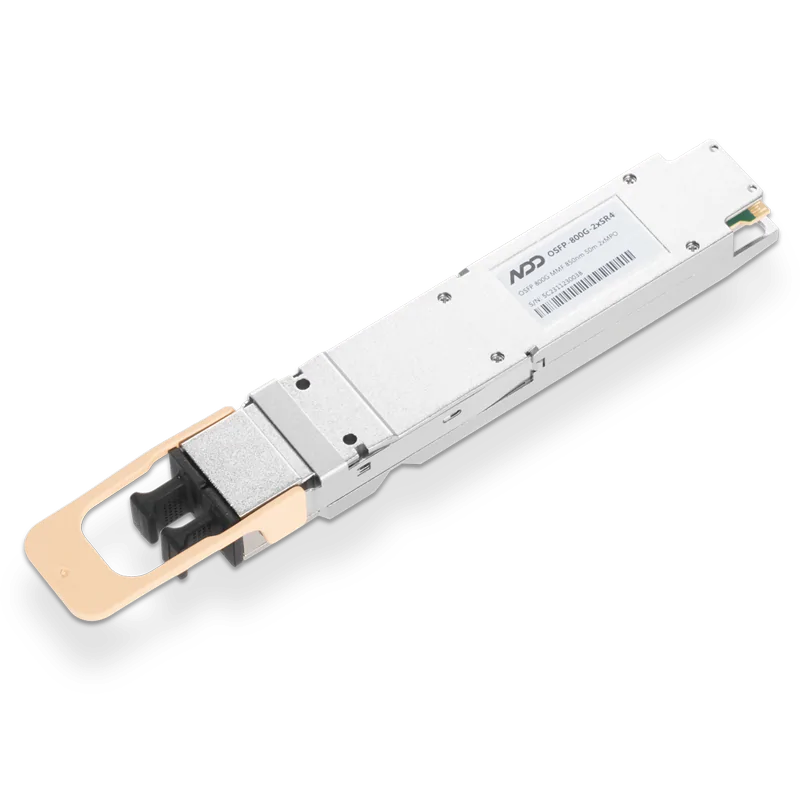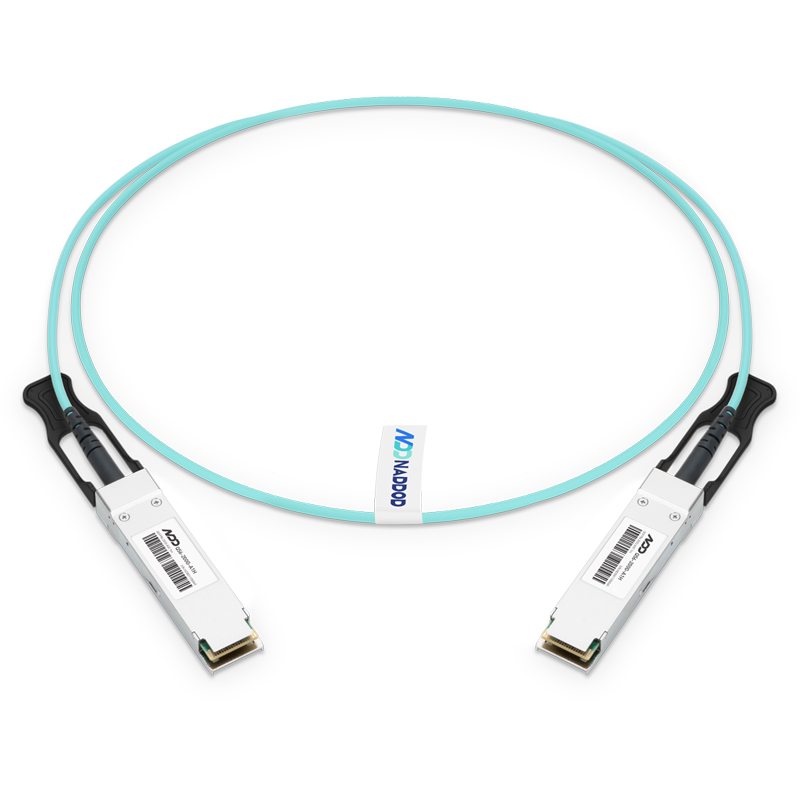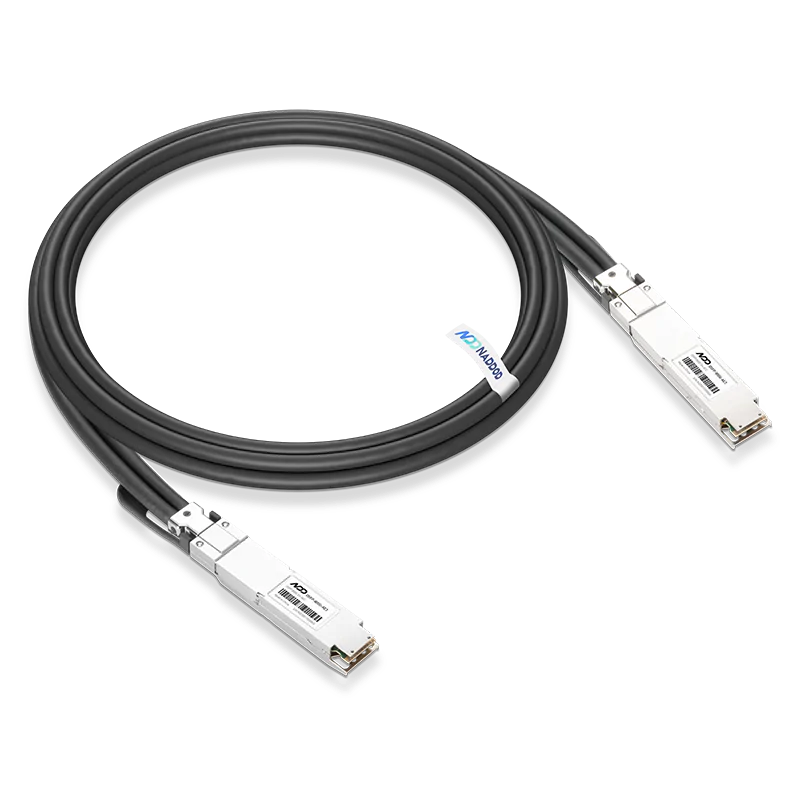The 5G and data center markets have brought huge demand for optical modules, and the industry has entered a long economic cycle
5G
① the three major operators are brewing xWDM fronthaul solutions to bring more demand for 25G color light modules.
② splitting the BBU into DU and CU in the bearer network will bring more demand for midhaul.
Data Centers
① the amount of data center construction in the traffic era has increased.
② under the new-generation data center network architecture, the growth in interconnection demand has brought more demand for optical modules.
Many factors resonate. According to the forecast of Yiou Consulting, the optical module market space is expected to reach 17.7 billion US dollars in 2025, with a compound growth rate of 15%, of which the compound growth rate of data center optical modules will reach 20%.
Data center: In the era of traffic, data centers usher in capacity growth and architecture evolution
5G is the era of traffic. New applications such as artificial intelligence, VR/AR, and the Internet of Things have emerged. Streaming media has replaced traditional text and voice as the main medium of news. The explosive growth of traffic demand has raised more and more demands on the capacity of data centers and network architecture. higher requirements.
In order to meet the demand for large bandwidth, multi-plane networks have gradually become the mainstream of data center network architecture. The new generation of data center network architecture manifests as more horizontal traffic, which brings more interconnection requirements.
Data center: The number of optical modules under the new-generation data center network architecture is 65 times that of the previous one
As the network architecture is upgraded, modular switches are gradually disassembled into fixed switches, and the number of optical modules increases accordingly.
Calculate the capacity, hash links, number of optical modules, and number of switches according to the double uplink of the server and the convergence ratio of 1:3. The demand for optical modules under the multi-plane network architecture has increased by 65 times.
Data Center: In the 400G Era, Why Does the Demand for 100G Still Scale?
The next-generation data center optical module combination will be converted from 25G/100G to 100G/400G, and 100G will be used as the internal connection of the cabinet. In the 400G era, the demand for 100G is still quite large.
Data Center: Global Major ICP Capital Expenditures Are Accelerating, and the Chinese Market Cannot Be Underestimated
Global ICP capital expenditure is entering the next high-growth cycle, and the growth rate will continue to maintain a high level in the next two years. In 2020, the CAPEX of the seven ICP companies in the United States will increase by US$9.9 billion, and the BAT will increase by US$4.2 billion.
Alibaba announced in April that it will invest 200 billion yuan in cloud infrastructure within 3 years; Tencent announced in May that it will invest 500 billion yuan in technology infrastructure such as cloud computing in the next five years.
5G: Under the joint construction and sharing mode, CRAN will become the main application scenario
Advantages of CRAN
Compared with DRAN, the CRAN method can reduce the demand for terminal equipment rooms and transmission equipment, and save site acquisition, equipment room rent and transmission costs.
Theoretically, the higher the concentration, the more obvious the effect.
Since DUs are centrally placed for unified maintenance, they have certain advantages over DRAN in terms of construction and maintenance costs. CRAN will become the main deployment mode for 5G construction.
At the same time, the CRAN method can realize the pooling or cloudification of DUs, realize the sharing of baseband resources and the service collaboration among multiple stations.
CRAN consumes a lot of fiber for fronthaul, and xWDM will become the mainstream.
CWDM: 20nm spacing (mainly O-band)
MWDM: 7 and 13nm spacing (O-band mainly)
LWDM: 800GHz (about 4.5nm) spacing (O-band)
DWDM: 100GHz (about 0.4nm) spacing (C-band)
5G: The three major operators are brewing xWDM mode, and the proportion of color light modules may increase significantly
In order to save optical fiber resources, the three major operators are preparing three WDM networking schemes respectively. Under the three schemes, color light modules are used, and the proportion of color light modules may increase significantly.

 800GBASE-2xSR4 OSFP PAM4 850nm 50m MMF Module
800GBASE-2xSR4 OSFP PAM4 850nm 50m MMF Module- 1Detailed Explanation of the Internal Structure of Optical Transceivers
- 2How to Choose a Data Center Grade LC-LC Fiber?
- 3The Next Station of Data Center Networks—200G vs 400G
- 4NADDOD 1.6T XDR Infiniband Module: Proven Compatibility with NVIDIA Quantum-X800 Switch
- 5Vera Rubin Superchip - Transformative Force in Accelerated AI Compute































